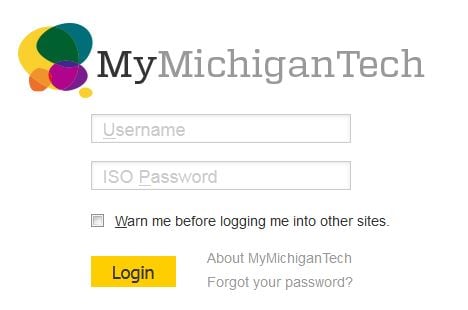Learn how Endnote can save you hours of time in the library research and document preparation process!
The Van Pelt and Opie Library is offering two, free EndNote Basics workshops for Michigan Tech graduate students on March 26 and March 28. EndNote is citation management software which allows anyone to easily collect, organize and use their research references.
In this free library workshop participants will learn the basic skills for building a collection of citations, how to manage their collection and how to include the citations in their documents. The workshop will also go over how to easily create bibliographies.
The sessions will be held:
- Monday, March 26 @ 12:00 – 1:30 PM
- Wednesday, March 28 @ 10:00 – 11:30 AM
Seating is limited. Please sign up today by sending and email to: libraryworkshop@mtu.edu
